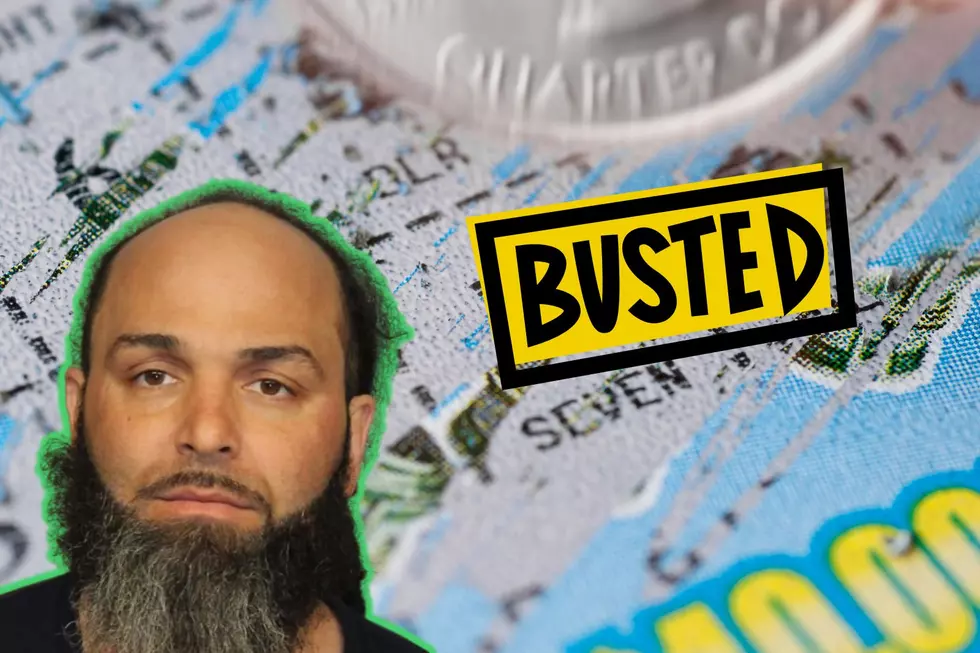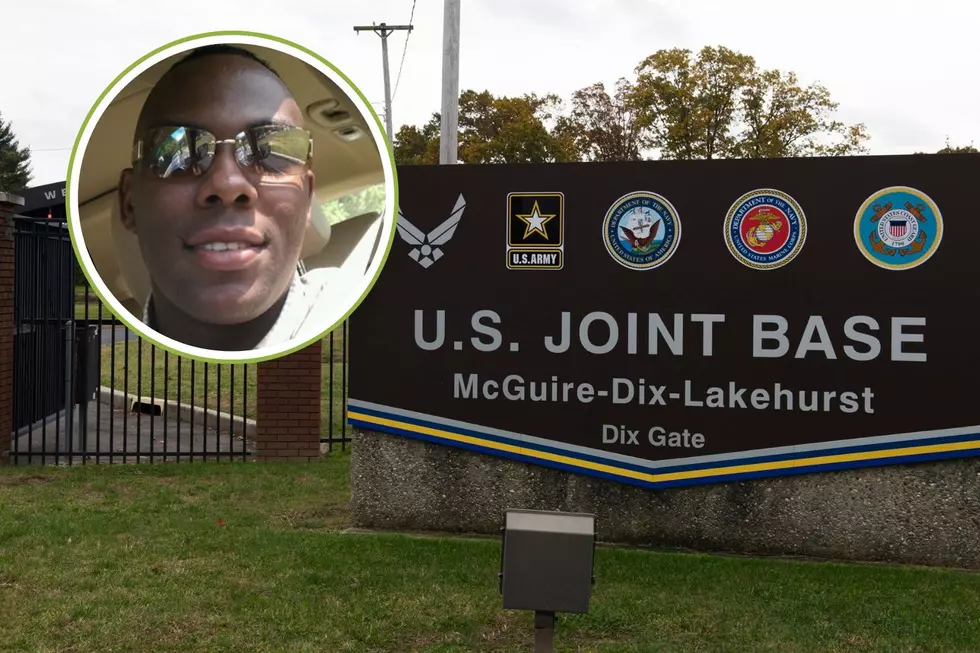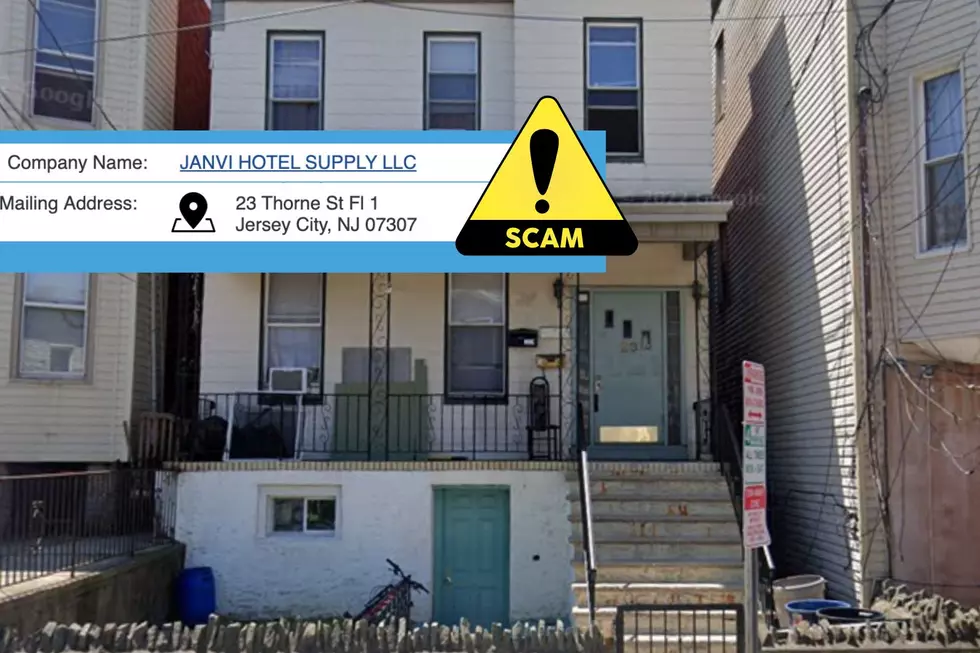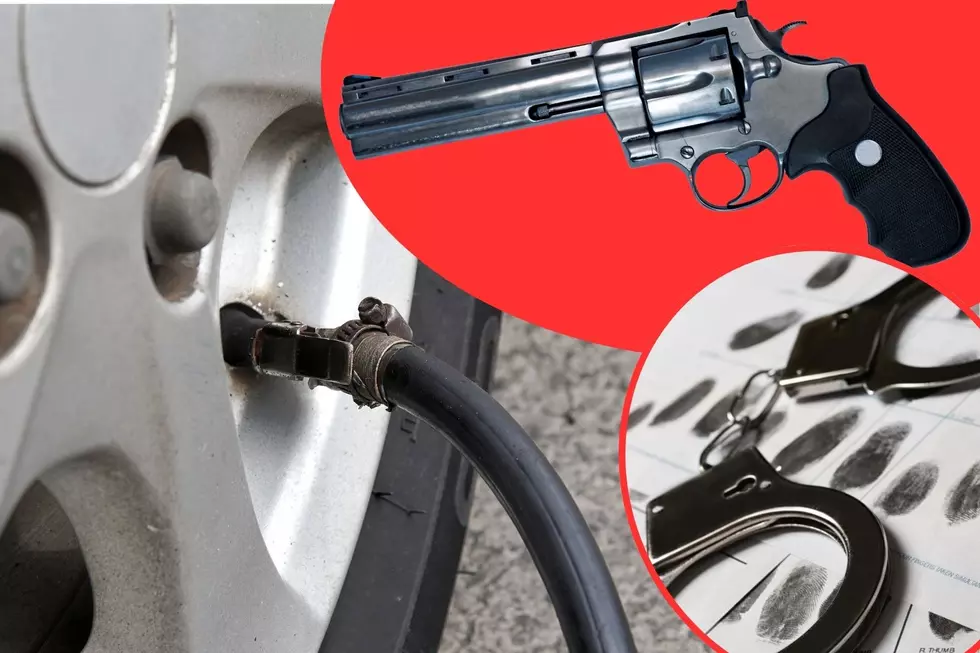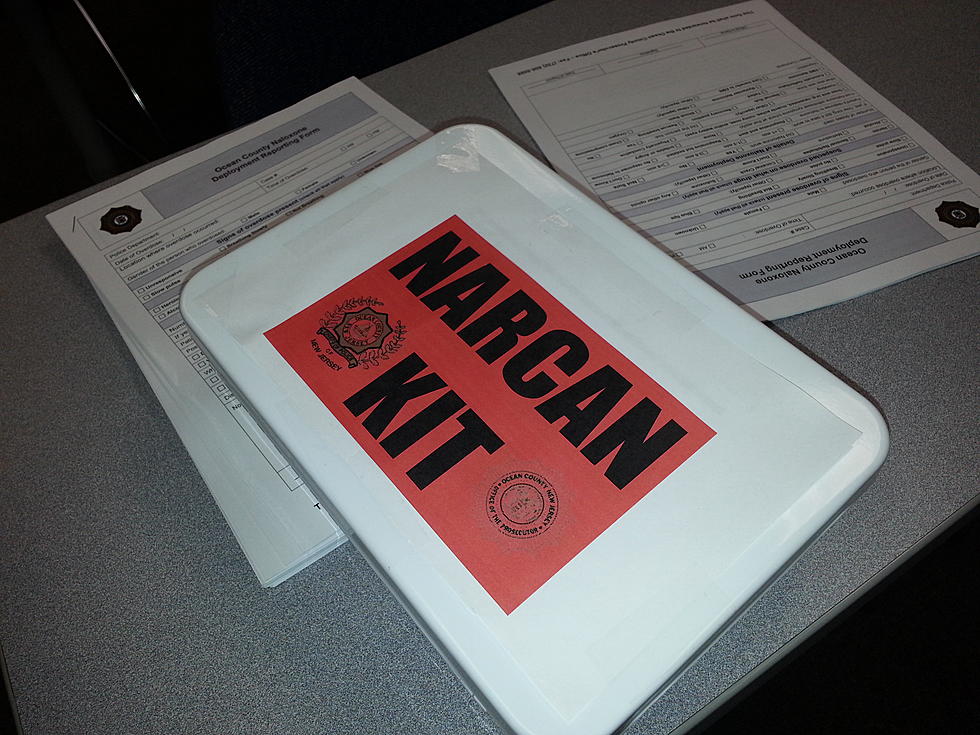
Heroin Wasteland – Helping NJ addicts after their lives are saved by Narcan
Heroin Wasteland (Part 2 of 5): In an exclusive series on New Jersey’s drug abuse epidemic, we examine the growing problem of heroin addiction in the Garden State and the programs being employed to combat the situation.In 2014, a pilot program that called for police and EMS crews in Ocean County to carry a heroin-overdose antidote drug was expanded statewide after it helped save over 100 lives.
Naloxone, often sold in the U.S. under the brand name Narcan, blocks the effects of heroin and other opioids and reverses an overdose. The drug literally gives victims a second change at living, but unfortunately many addicts who are saved continue to use.
In an effort to combat this and get addicts the help they need, a new pilot program has been launched in Ocean County.
Called Narcan 2, the aim of the pilot program is to get those saved by Narcan into detox and a long-term drug treatment program.
"It starts with the emergency room, treating the addict differently once they're presented to the emergency room, and then it's coming up with a treatment system so therefore you're breaking the cycle of addiction," said Ocean County Prosecutor Joe Coronato.
The program, according to Coronato, has never been done before in New Jersey.
When a revived heroin user is brought to the emergency room, a drug interventionist will be immediately dispatched.
"That's a person who can sit down with that person who's addicted and tell them that they almost walked into the light and show them this is a golden opportunity, that they can get the help that they need," Coronato said.
A summit meeting has already been held with officials and doctors from Meridian Health and Barnabas Health to review protocols for how heroin overdose victims will be treated as they are brought to the emergency room.
"If addicts are saved with Narcan but then don't get treatment to break their addiction, it's a lost opportunity," Coronato said. "They need to be physically confronted by a trained individual who then can show them this is a golden opportunity for them to break the cycle of addiction."
The interventionists are being trained by the Barnabas Health system, according to Coronato.
He also said by law, addicts can't be forced to get treatment, but that doesn't mean the program won't be successful.
"I think people really are looking for help, and if they knew the help was there and they could get that help right at that moment, I think it will make a difference. Does that mean everybody is going to partake in this? The answer is no, but once it's successful people will do it," Coronato said. "Handing that person who's addicted a piece of paper, or saying - 'go see this person at a later day' really is a lost opportunity. That person needs to be dealt with that night, that day, right then and there. If we do that and have programs and facilities available, that makes all the difference in the world."
In 2014 Narcan was administered 129 times. So far this year it's been used 43 times. There were 92 overdose deaths last year in Ocean County, with 91 of them being related to opiates.
"I do believe that if we partner together and we work together we can break the cycle of addiction," Coronato said.
In Part 3 of our series, we'll look at how the heroin addict creates chaos for their loved ones.
Click below to view the first story in the “Heroin Wasteland" series:
More From New Jersey 101.5 FM



